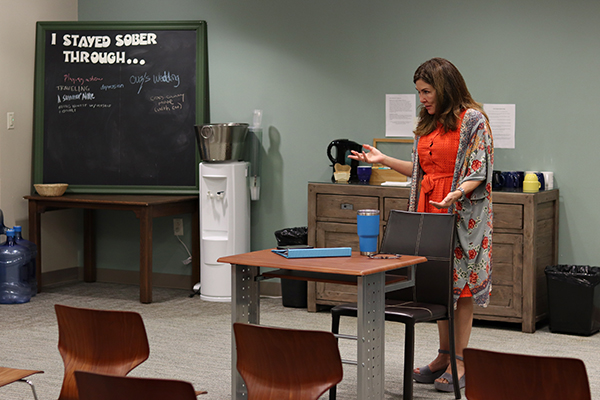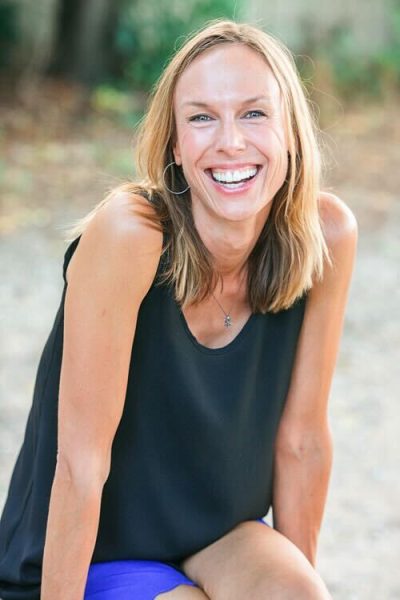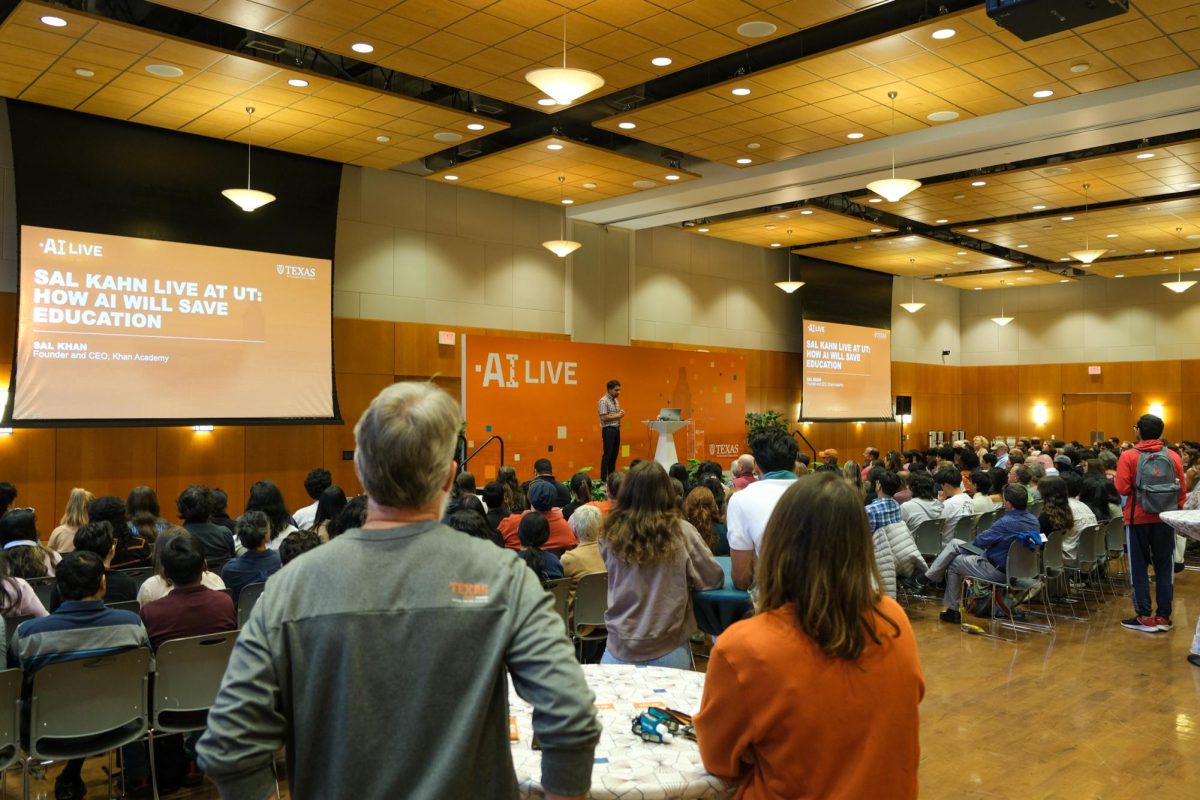Sharing addiction stories and hearing others’ stories can help students feel more accepted and assist in their recovery, an addiction researcher told students Thursday.
Former social worker Rachel Wulbert visited UT’s Center for Students in Recovery on Thursday to explain her analysis on storytelling as part of the healing process for addiction.
The seminar, which was a part of the Storytelling on Addiction and Recovery series, focused on a study conducted by Wulbert where students shared practices which aided their recovery process and how telling their story was a vital piece of that process.
Wulbert said her study shows recovering students experience pressure to feel connected and equal to those around them.
“How they defined themselves were … so-so as a student and so-so … in the person they were becoming,” Wulbert said. “(The students in recovery) wanted badly to connect with the students at their university, but felt like they had nothing in common, which again made them question, ‘What’s wrong with me?’”
Wulbert said sharing can allow people to unite the person they were before and after addiction.
“True identity consolidation and reformation is (saying), ‘Not only am I able to hear you in your story, I’m able to hear myself,’” Wulbert said.
According to Wulbert’s study, students who were not ready to share their struggles with those around them utilized alternate outlets of expression and connection.
“A lot of students talked about yoga … practices where they were able to be with others but they didn’t have to talk at all, so there was a very communal aspect,” Wulbert said. “It allowed them to be part of (something).”
Sociology senior Jared Huffstetler said he appreciated Wulbert’s academic perspective on addiction storytelling.
“Usually, it’s just like a group of people in recovery … telling stories,” Huffstetler said. “There’s no academic research being proposed. It gives it an additional context and reinforces the things that are important to the people that come to these.”
Philosophy senior Keith Kenney said he felt Wulbert gave a helpful perspective on how those recovering can view their process.
“The whole idea around storytelling was pretty impactful in terms of helping rewrite the narratives we always tell ourselves,” Kenney said. “Belief systems can really be encompassed by what we are focusing on or how we focus on things in the past.”


















